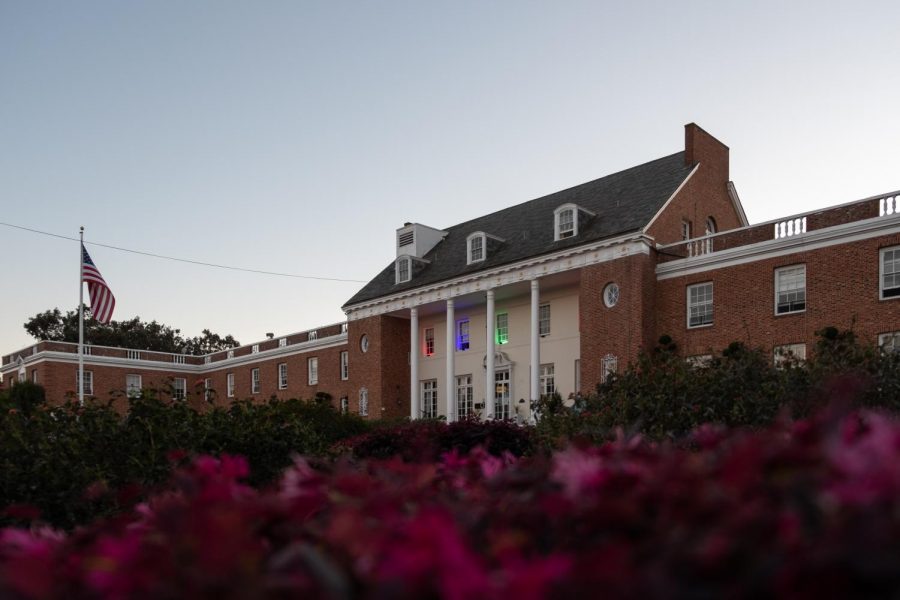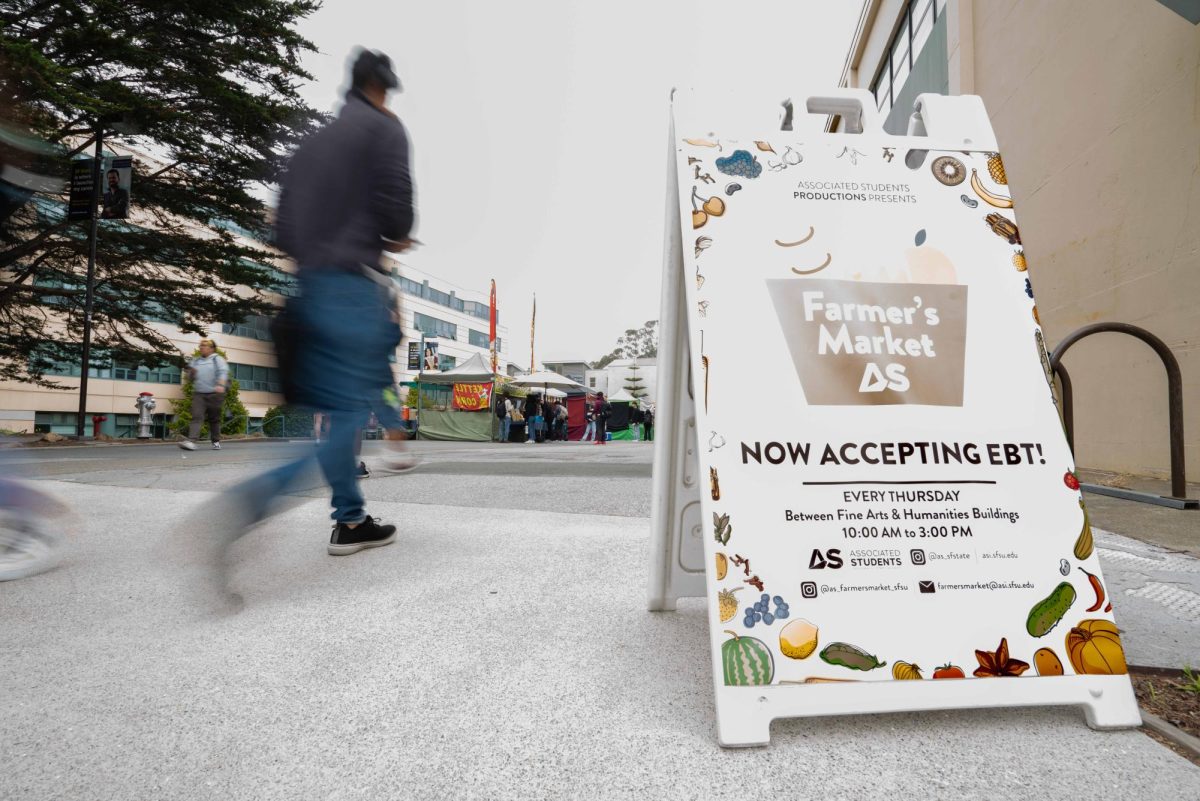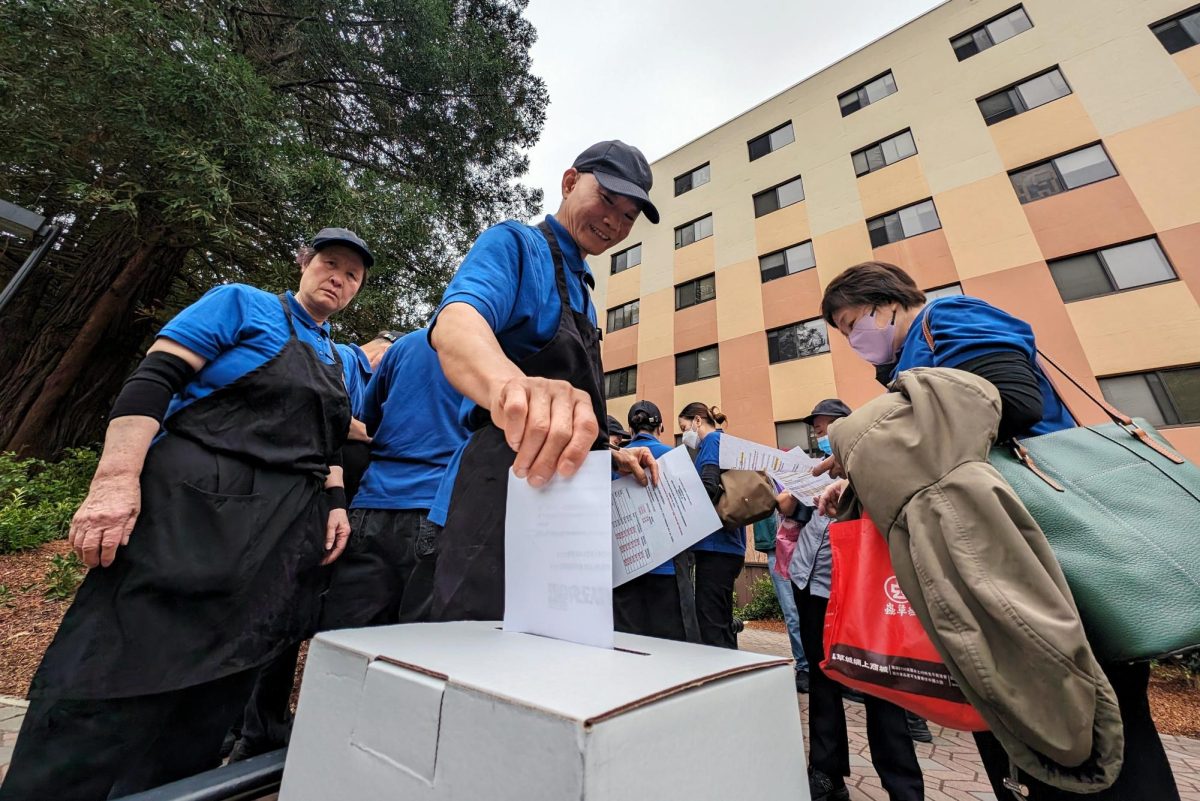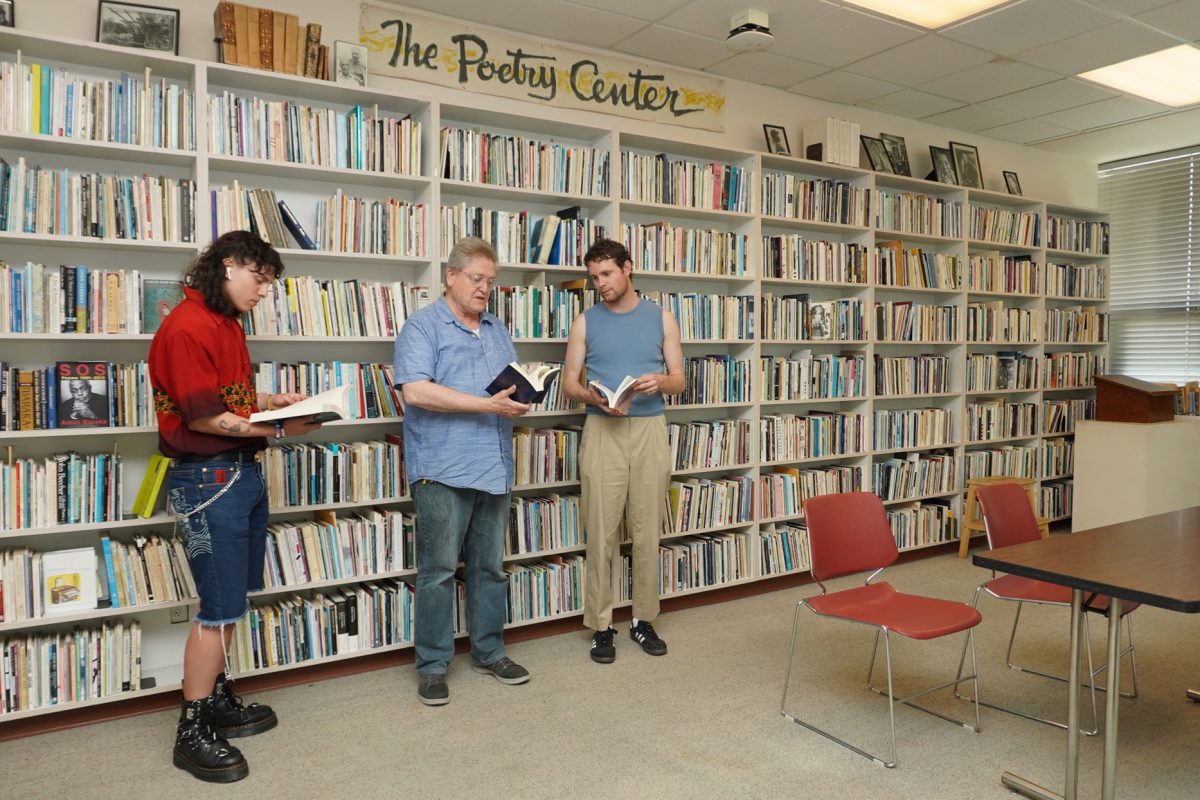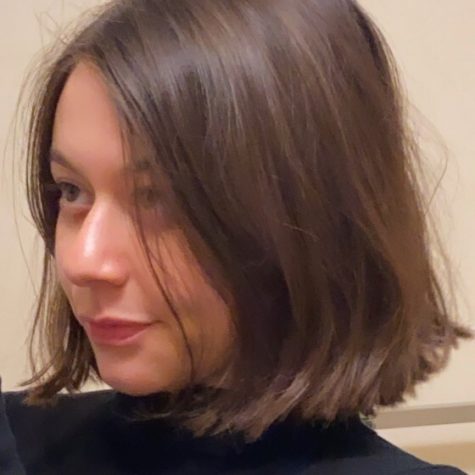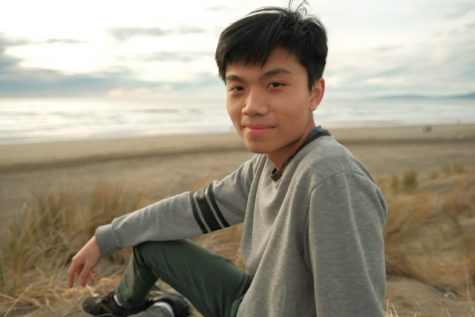SF State’s Gerontology program is declining in faculty as the national need for geriatricians rises, leaving practitioner nurses to fill the gaps.
By 2030, one out of five Americans will be over the age of 65, and it is estimated the country will need 70,000 social workers that specialize in aging by 2020, according to recently revised Census Population Projections.
Gerontology is the study of all things aging – the social nature of aging, cultural aspects of aging and biological impacts of aging.
The SF State’s Gerontology Program was established in 1986. The program serves an important role in the Bay Area being that it is the only public higher education institution where students can earn a master’s degree in the field.
Four years ago, the SF State gerontology program had three full-time tenured professors. Now it has one, with a full-time probationary assistant professor. To compensate, instructors have been taking creative measures when it comes to programming.
Emiko Takagi is the one full-time assistant professor of gerontology at SF State.
According to Dr. Takagi, projects that cost money simply cannot be proposed given the current department budget.
“We’re just trying to keep alive and survive,” she said.
Students in the Gerontology program often end up either working in living facility administration, providing financial and legal services specializing in elder abuse, or researching in the field.
The growing need for virtual telehealth and telemedicine programs, given social distancing precautions, has also created new possibilities for gerontology majors.
After the pandemic hit last March, Dr. Takagi said that she noticed significantly more job postings listing gerontology as a recommended or required qualification.
“It’s slow, we still have to fight for positive recognition,” said Dr. Takagi. “But I do think that the demand is there.”
Dr. Darlene Yee-Melichar, SF State’s one full-time professor of gerontology and coordinator of the long-term care administration at SF State, said that they are not positioned to offer the specialty courses that they used to teach. Specialty courses that they used to teach focused on specific certifications and licenses.
Currently, Yee-Melichar is having to teach other courses and can’t teach the specialty courses.
When I educate my students, I want them to teach people how to live longer, but I want them to live longer by living better.
— Darlene Yee-Melichar
“The program is limited, like all the other programs of the university, and that is a lack of state general funds state budget,” Yee-Melichar said.
Although, she is hopeful that Gov. Newsom’s decision to return the $299 million that he discontinued from CSU will be returned to the department by the fall.
On Feb. 17, she held the program’s first prospective webinar in hopes of recruiting students into the Gerontology graduate program next fall. Another meeting was held on Mar. 10.
While these webinars have been centered around guiding students through the application process into the program, Yee and Takagi spend time passionately talking about the prominence of ageism and intergenerational gaps – especially in the discourse around Covid-19.
According to the United Nations, the virus hasn’t been the only threat to the elder community – so has ageism, and long before Covid. The study finds that COVID-19 made less visible effects more visible to the public.
“Seniors living in assisted living and residential care communities feared that their lives were seen as expendable in the rush to reopen the country,” said Yee-Melichar. “Some blame the elderly for the shelter-in-place guidelines, and some even say the elderly should be sacrificed for the good of the country.”
Yee-Melichar said that ageism is so prominent that it can invalidate the work of caring for the elderly, which she believes makes the job all the more important. Despite her involvement in the field, she said that she has always been perplexed at discrimination rooted in aging.
“Everyone’s aging,” Yee-Melichar said. “Whether it’s a 30 year-old-person or a 90-year-old person. When I educate my students, I want them to teach people how to live longer, but I want them to live longer by living better. I want them to optimize the quality and the quantity of life at any age.”





